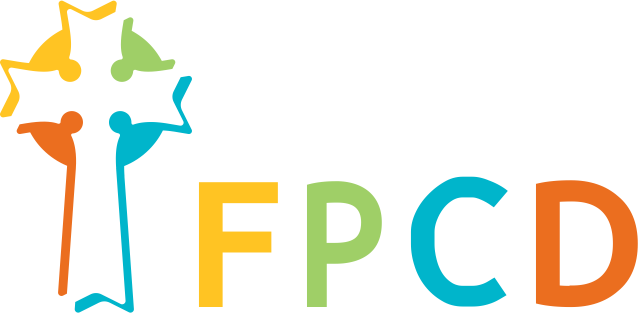I hope this newsletter finds you well. As we transition from Covid-19 being pandemic to endemic, marking a period of stability in cases, hospitalizations and deaths, my hope is that we will be able to experience lower level of stress, more predictability in our work and social patterns, and find greater joy and contentment. The past two years have created increased and prolonged levels of stress for most people, and change in all of us. It has worn us down and changed some of our thinking patterns. I’d like to share some important information that the State of Michigan is sharing through a program called “The Stay Well Program”. It is a valuable resource that offers printed info, videos, 1:1 phone calls, and interactive video conferencing classes and support groups (resources below).
The first video on “Cultivating Joy” discussed “positive psychology” as a way to refocus our thoughts to make life more enjoyable. Here are some of the suggestions:
1) Focus on your, or another person’s strengths, rather than their weaknesses. Look at the person as a whole; seeing “what is right/good”, and considering that more important than an individual’s weakness.
2) Be intentional about attempting to experience joy/enjoying yourself each day. This means you might have to take a look at things that make you feel good when you do them. Make a list.
Those things might include reading a good book, spending time outside alone or with a friend, cooking/baking with children or grandchildren, planning an outing or an intentional phone call with someone who makes you feel good, etc.
3) Try something called “Learned Optimism”. Believing that YOU can improve your outlook on life through intentionally recognizing negative thought patterns, and challenging the truth of them. And, you may have more success if you ask a friend to help you with this.
The second video on “Cultivating Joy” was entitled “It’s OK, to not be OK (for now)”. And this short video discussed the fact that the past 2 years have been really difficult. There has been a lot of stress, change, and uncertainty. And we might very well be mentally exhausted. There is a term called “Pandemic Flux Syndrome”, which was coined by Dr. Amy Cuddy that describes what many people are experiencing right now: blunted emotions, spikes in anxiety and depression, a desire to change something big in our lives, etc. This is not a clinical term, rather it is a term that “captures the moment in time that we are living through”. Consider these things that may be influencing what we are experiencing:
Normally, when we get fatigued, we seek out opportunities to get a “fresh start”. And it can build momentum. But with the prolonged pandemic and restrictions, we’ve been denied fresh opportunities.
Another factor that can lead to this syndrome is that we have been experiencing prolonged periods of stress hormones (Adrenaline and Cortisol) circulating in our body. God created the stress hormones to be called upon in emergencies, and then to dissipate. But when they are activated for long periods of time, it can create greater levels of stress, anxiety, sleeplessness, weight gain, high blood pressure, etc. This can have very negative long-term consequences. – And finally, for the past 2 years, we have been attempting to “forecast outcomes” of our immediate future, only to have them not work out as expected. And this has created a lot of disappointment and stress. All of these things have changed the way we think and feel. So as we move forward, let us acknowledge these things, intentionally work toward improving our outlook for the future, and intentionally seek to do things that enhance our joy.
Blessings,
Chris
*Resources: Michigan.gov/StayWell., phone number for those who don’t have internet and just want to talk to someone: 1-888-535-6136 , and Cultivating Joy: https://bit.ly/3LW4tQr


